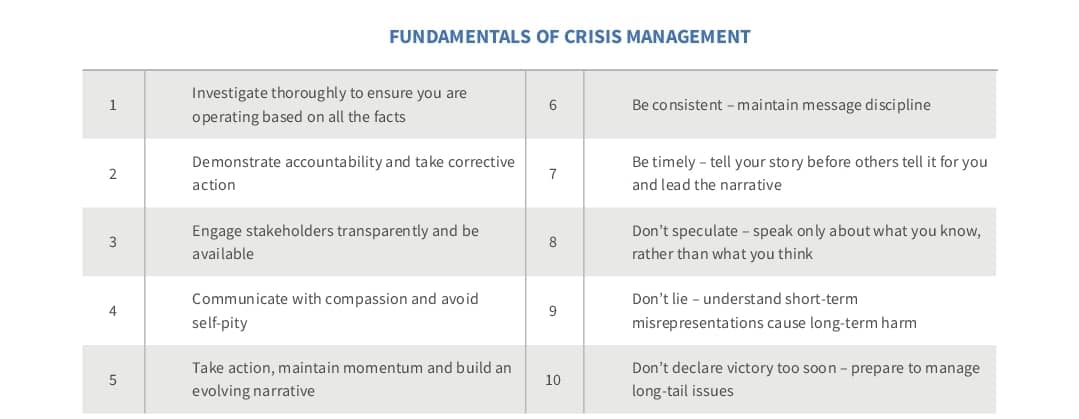By LIZ KAMARUDDIN
Managing Director
FTI Consulting
We used to watch multinationals globally buckle under activist attack, accused of environmental destruction, and exploiting and marginalising communities for profit while Malaysian companies serenely escaped the spotlight.
The global communications revolution and rocketing expectations of society around the world has changed
all that. Today, Malaysian companies are as much at risk as anybody else, and need to be as prepared and
sophisticated in response.
In the last six months, US customs have banned one of Malaysia’s key strategic exports following extended international campaigns over social and environmental standards. This is just the latest in a series of high-profile crises stretching back a few years.
However, despite the evidence, too many companies are still living in the past believing that their reputation
will continue to be rescued by our traditional cultural values of respect for authority and conformity over
conflict. The latest train collision shows there are no concessions to the past – just laser-like scrutiny and
criticism.
Our traditional values need to be nurtured but, in a crisis, companies need to respond fast, surely,
confidently and demonstrate they have been responsible. Many crises arise from emergencies and failures that are rare but can’t be ruled out. In these cases, crisis management means proactively identifying the highest impact scenarios, understanding the likely trajectory and putting in place management plans – and
exercising them.
So how can Malaysian companies make sure they are prepared? How do they ensure, firstly, they are doing
the right thing and, more importantly, get recognised for getting it right without becoming tangled in political
intervention and pressure? How can they turn threat into opportunity to strengthen reputation?
There are two essential processes a company needs to have in place – crisis management and crisis
prevention.
Firstly, when things go wrong there needs to be a tried and trusted crisis management process in place to
allow a swift, unambiguous and proactive approach by the company. It probably means turning the normal
checks and balances on their head to give the crisis team the authority to take immediate and far-reaching
decisions to respond and engage the outside world without recourse to the normal chains of command,
including board approvals. There is no time for that.
Getting the right spokesperson is crucial.
Other crises come out of changes in the swiftly evolving external business environment, whether it is rising
stakeholder expectations of governance, ESG, climate change, changing regulations and laws, or rising
national protectionism.
These are all preventable and can be managed through a practiced and sustained issues management
process that identifies trends and emerging external risks, sets priorities, and puts in place management plans integrated into business strategy development and planning.
This process needs to be owned and regularly reviewed at leadership level, focusing on the external stakeholder and reputation risks.
At the end of the day, managing a crisis is a skill unlike any other. You may have the best policy, but if it’s not
tried and tested, it may do more harm than good.
As a reminder to all of us managing crises – here are top ten tips:

The views expressed herein are those of the author(s) and not necessarily the views of FTI Consulting, Inc., its management, its subsidiaries, its affiliates, or its other professionals. FTI Consulting, Inc., including its subsidiaries and affiliates, is a consulting firm and is not a certified public accounting firm or a law firm. - DagangNews.com










